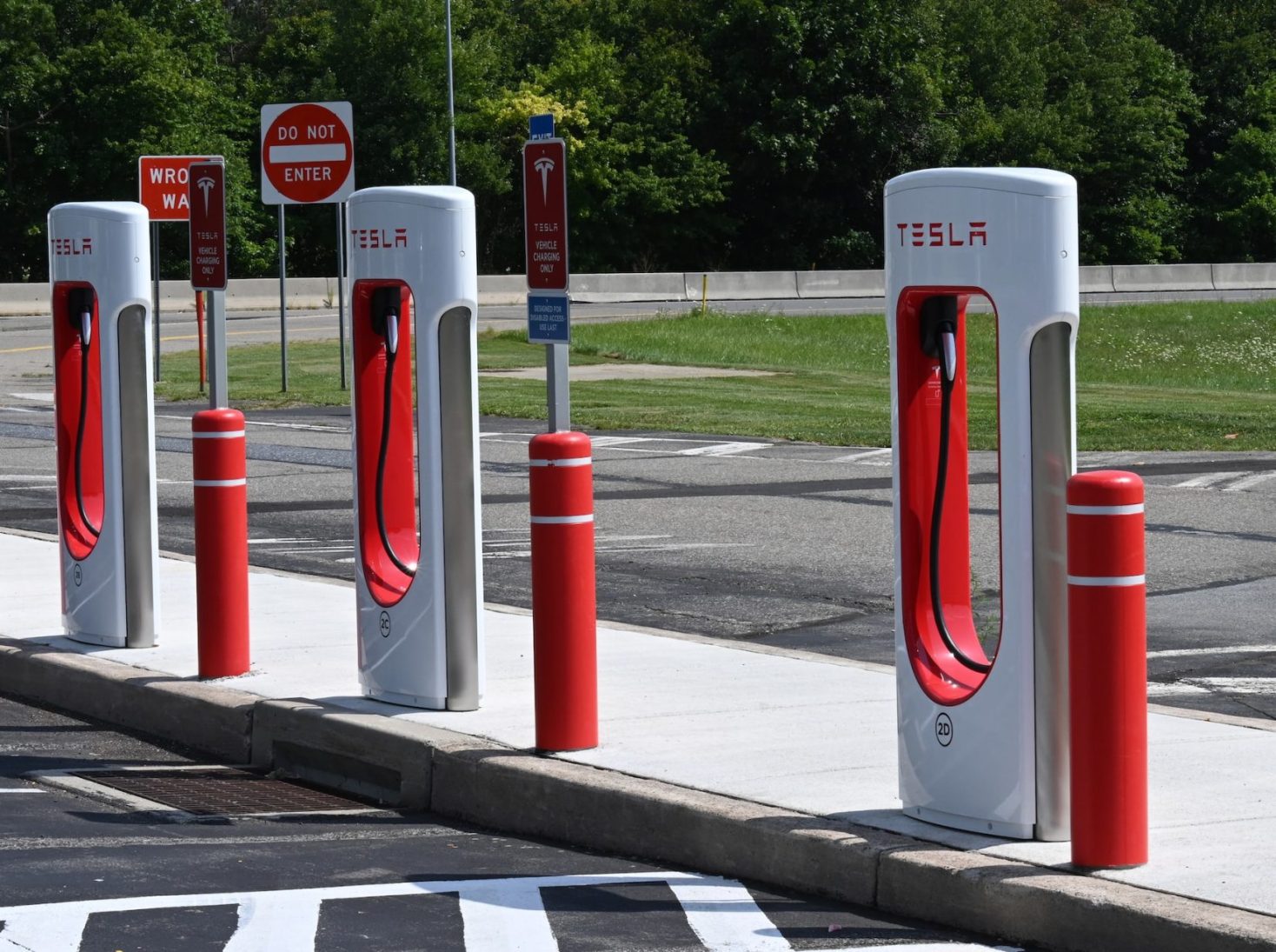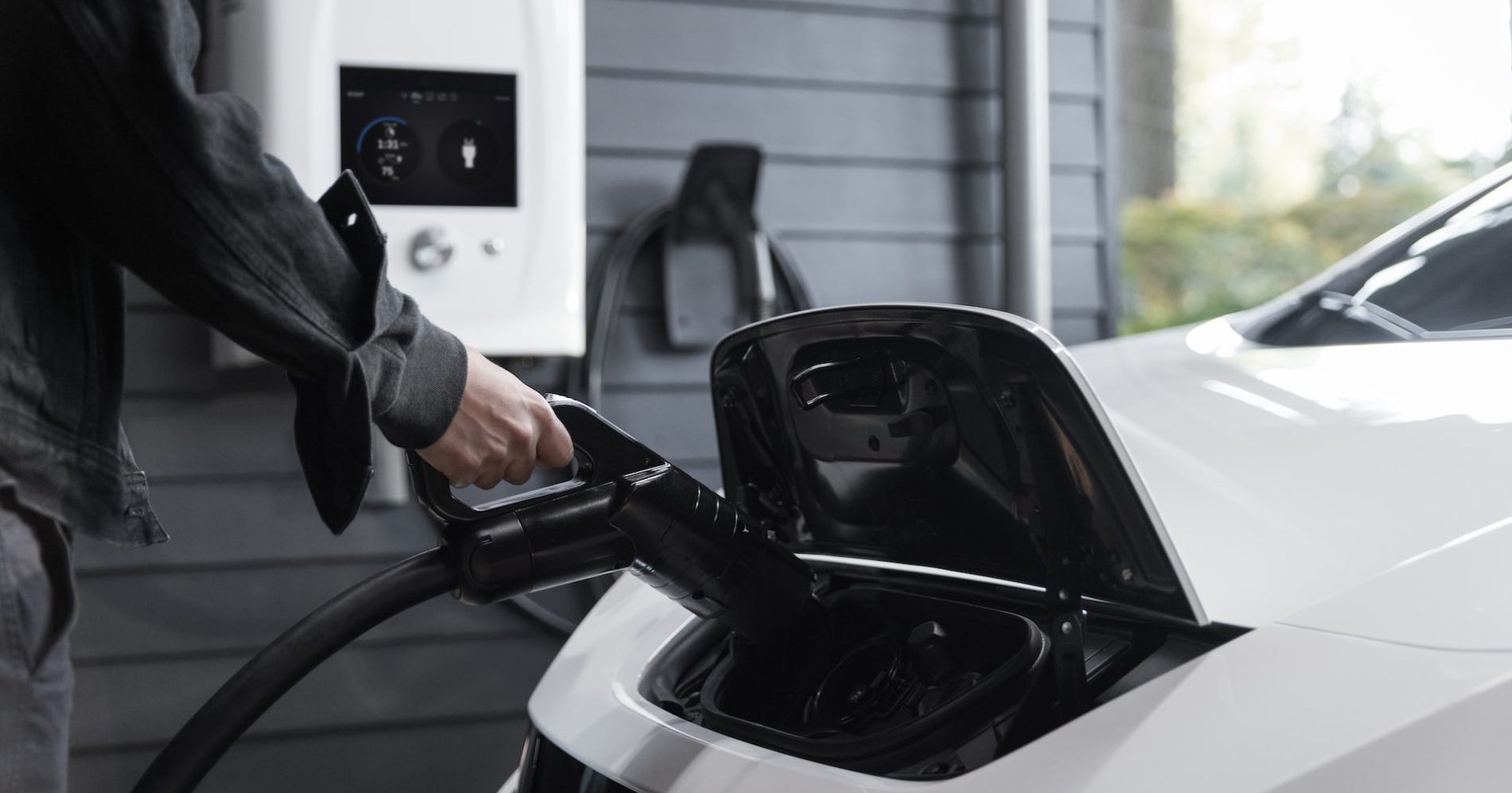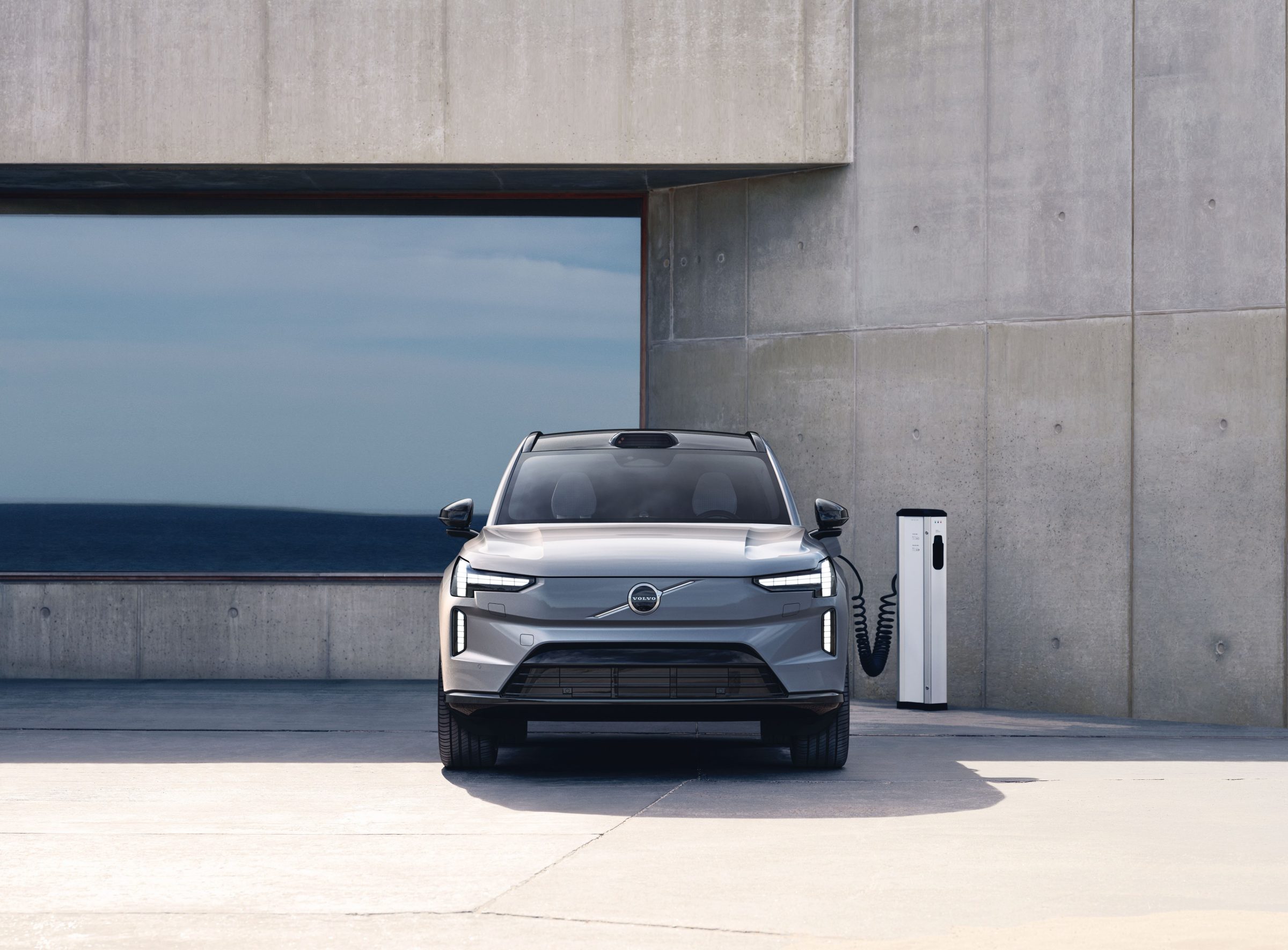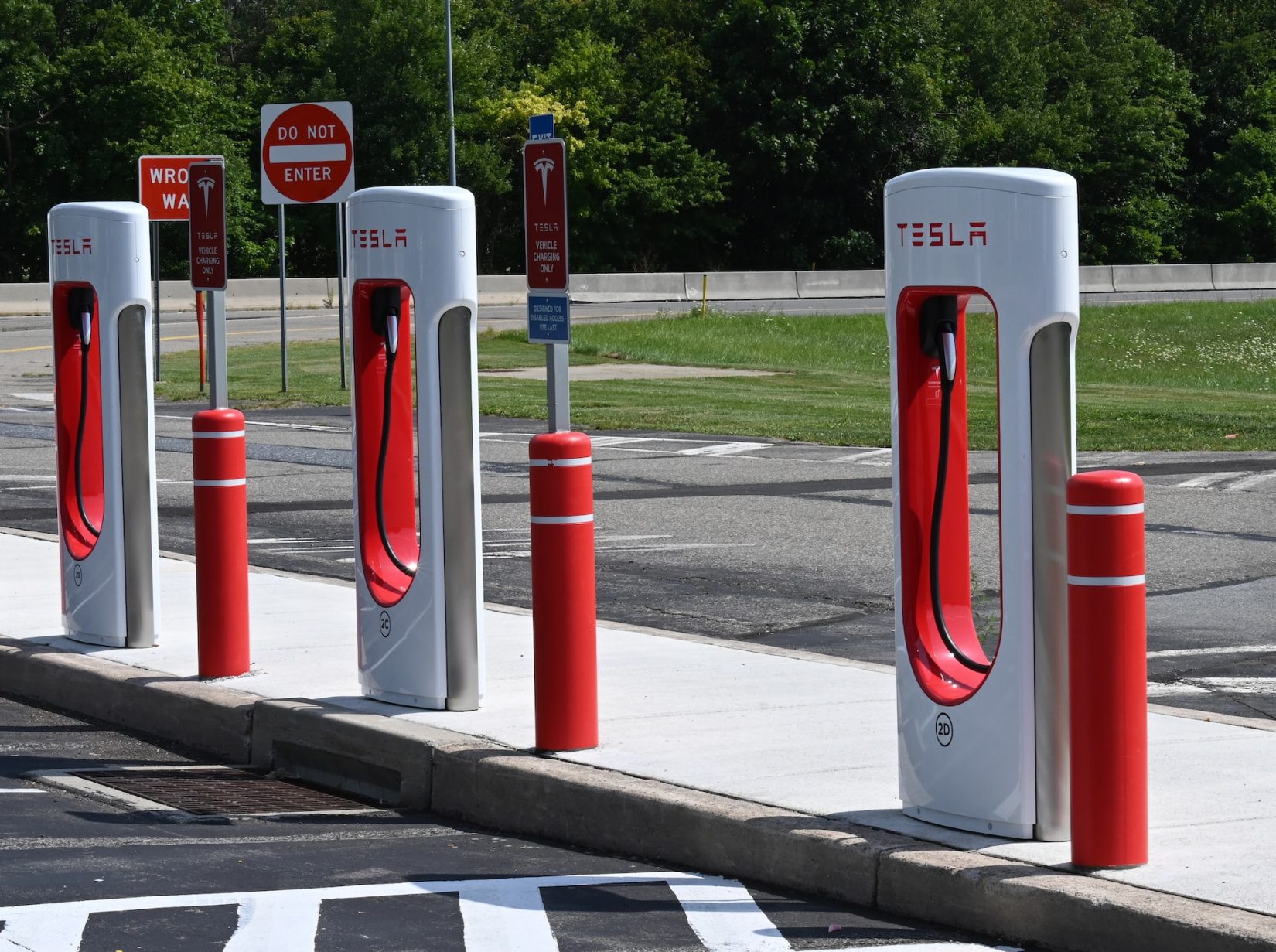In 2021 pew research found that only 7% of the Americans say they own a Hybrid or a fully-electric vehicle. That paltry number could be increased vastly if the charging infrastructure gets the support needed. More 80 percent of electric vehicle charging is done at home, according to U.S. Department of Energy.
If you live in the average multi-unit residential building in the US (more than 80 million of us do), charging your EV where you live will be incredible tedious, if not impossible.
Shouldn’t the US government legislate that multi-unit residential units provide charging stations to their residents? Yes, that probably will mean a slight increase local municipal taxes, but that could offset by the extra income to building owners and additional job creations.
Imagine, a gas station in your basement
How incredible would it be not having to go somewhere else to energize your car (no more gas station runs)? You come home plugin your vehicle and by the next morning it’s fully-charged and for pennies. That kind of convenience is out of the reach of tens of millions, today.
The benefits to multi-unit residential building owners installing EV charges are many, and it will also help the country in achieving it’s net zero carbon policy. Furthermore there’s the creation of news jobs and easing America’s dependence on foreign oil.
The US government should mandate the installation of electric vehicle charging stations in residential buildings to accelerate the pace of EV adoption by drivers. This mandate would be beneficial to the environment, the economy, and residential building owners.
The environmental benefits of an EV mandate are clear
Electric vehicles produce no emissions, so mandating the installation of charging stations in residential buildings would bring America closer to achieving its net zero carbon policy. This would reduce air pollution in cities and help mitigate the effects of climate change.
More local job creation
In addition, EV charging stations create jobs in the installation and maintenance of the stations. This mandate would create a new industry and new jobs. This would provide economic security for those living in residential buildings, especially those who may have been economically impacted by the pandemic.
Local energy production would also benefit
An EV mandate in residential buildings would also help ease America’s dependence on foreign oil. Electric vehicles use electricity from the grid, which has become increasingly clean and renewable over the years. This would reduce America’s reliance on foreign oil, increasing energy security and reducing the country’s dependence on volatile foreign markets.
Adding EV chargers adds value to Buildings
Finally, mandating the installation of EV charging stations in residential buildings would add value to the buildings themselves. Installing these stations would make residential buildings more attractive to prospective tenants, who could save money on gas and reduce their environmental impact. This would increase the value of the residential buildings and make them more attractive to potential buyers.
In conclusion
The US government should mandate the installation of electric vehicle charging stations in residential buildings to accelerate the pace of EV adoption by drivers. This mandate would bring America closer to achieving its net zero carbon policy, create new jobs, ease the country’s dependence on foreign oil, and add value to residential buildings.



